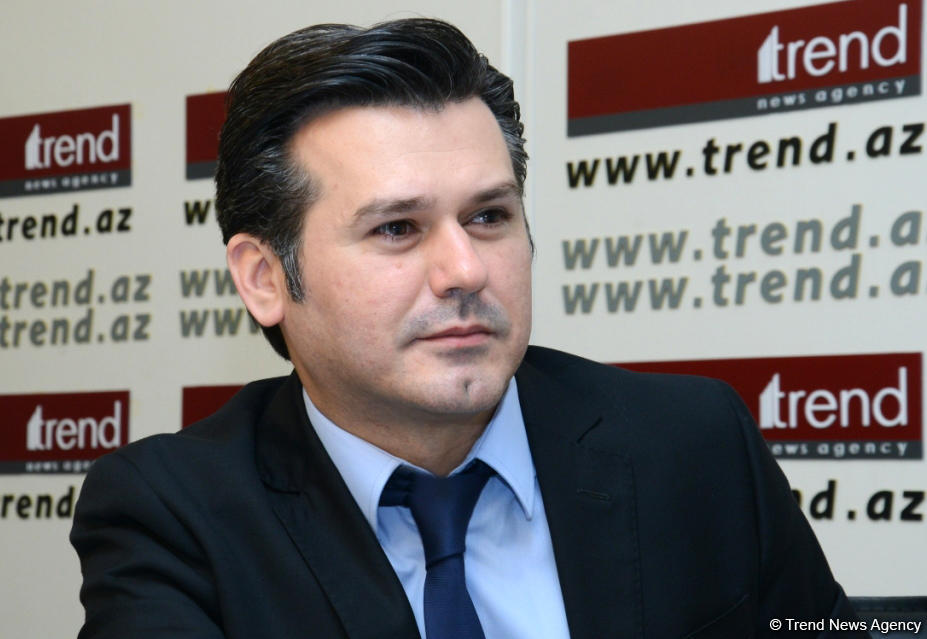Baku, Azerbaijan, Nov. 3
By Rufiz Hafizoglu - Trend:
On November 3, Turkey’s Antalya province hosted the 18th meeting of leaders of the eight Islamic developing countries (D8).
The idea of creating the D8, of which Bangladesh, Egypt, Indonesia, Iran, Malaysia, Nigeria, Pakistan and Turkey are members, was put forward by former prime minister of Turkey Necmettin Erbakan.
The D8 is mainly engaged in promoting the economic interests of Muslim countries.
Presently, the Muslim countries are also united in another structure - the Organization of Islamic Cooperation (OIC). However, when carefully reviewing the activities of the OIC, it is safe to say that this structure has not only failed to solve problems in Muslim countries, but even the agreements already adopted within the OIC mostly remain on paper.
It would be appropriate to give a small example: it is known that the sanctions lifted from Iran as part of the 2015 nuclear deal will be restored again from November 5 this year. The US sanctions will affect Iran’s financial and energy sectors. The restrictions will hit the countries that continue to import Iranian oil or work with Iranian companies under sanctions. Despite that Iran is a member of the OIC, this structure hasn’t made any statements about the US sanctions.
This shows that, unfortunately, the OIC leadership is monopolized by certain countries that intend to get their own benefits from the sanctions adopted against Iran.
The D8, in contrast to the OIC, is a relatively new structure, and, as is known, is engaged in promoting the economic interests of Muslim countries.
UNESCO Cultural Diplomacy, Governance and Education Chair Holder, Director of Diplomatic and Strategic Studies Center in Paris, Turkish expert Naciye Selin Senocak believes that if the D8 is paid close attention, it can become as strong as the Shanghai Cooperation Organization (SCO) and play the role of a market alternative to the EU.
In fact, if the D8 can increase the number of member countries, as Turkish President Recep Tayyip Erdogan called for, it may become an alternative to the OIC.
---
Rufiz Hafizoglu, deputy editor-in-chief of Trend
Follow him on Twitter: @rhafizoglu






